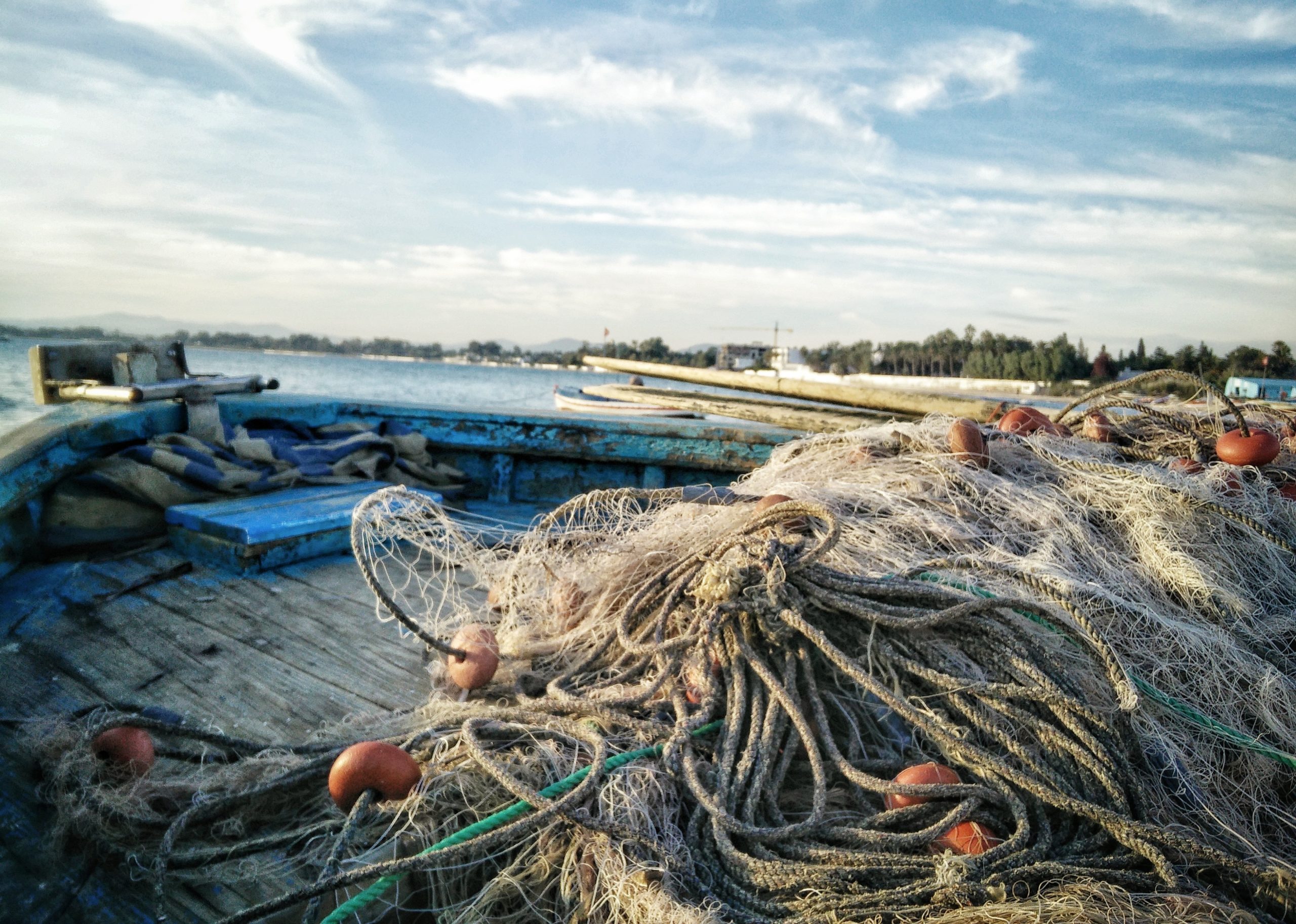
By Professor John Bryson
Department of Strategy and International Business, University of Birmingham
I have spent many days in Brussels working with the European Commission providing advice that shaped European policy outcomes. This included working on the Services Directives, service innovation policy and services and trade negotiations.
Trade negotiations are complex. Each partner to the negotiation tries to obtain some advantage. This is all about trade-offs. It is worth standing back from the EU/UK trade negotiations and exploring both sides.
For the EU, the narrative has been about protecting the single market and ensuring that the UK is not allowed to cherry-pick. There is another side to this narrative. The European Commission (EC) is terrified that the UK will emerge as a major competitor on the edge of Europe. A key issue then is to ensure that this never happens.
The EC strategy is to impose EU regulations on the UK. Other trade agreements, for example The Regional Comprehensive Economic Partnership (RCEP), the United States-Mexico-Canada Agreement (USMCA), and the EU-Canada Comprehensive Economic Trade agreement, do not include the type of alignment that the EU is trying to impose on the UK. One reading of this is that the EU is being too defensive of the single market or has no confidence in the ability of EU companies to compete against UK companies in a post-Brexit world. An alternative reading is that the EU must ensure that Brexit fails to prevent other EU members from developing their own version of Brexit.
There is no question that leaving the EU with or without a trade deal represents a critical moment of disruption. The European Commission, however, is playing with fire. A no-deal, for example, will have major negative impacts on the German, Dutch, Belgium, Italian, Spanish, France, and Irish economies. A no-deal would also result in a realignment of the UK away from Europe. The UK has had a trade deficit with the EU in every year since 1999 but a trade surplus with non-EU countries since 2011. A realignment to non-EU counties might generate more surplus.
Then there is the matter of fish. On Thursday 10 December, EU leaders met to resolve the dispute with Poland and Hungary over the EU’s COVID-19 Recovery Plan. Brexit was also discussed, but another matter was discussed that is relevant for the EU/UK trade negotiations. A maritime territorial dispute was on the agenda. This was not about UK territorial waters, but that of Greece. Turkey has been ‘invading’ Greek territorial waters by sending a gas exploration vessel into Greek sovereign territory. On Thursday, the EU Council agreed sanctions in response to Turkey’s unilateral actions and provocations. Thus, for the EU the protection of a member state’s territorial waters is seen as a critical issue. This then needs to be placed in the context of the UK-EU discussions over continued access to UK territorial waters.
In economic terms, fish are relatively unimportant, but in political terms they are extremely important. There are votes in fish. It was to be expected that the EU no-deal contingency plan included a proposition to protect the EU’s access to UK territorial waters.
The EU wants it both ways. One EU narrative is that the UK can’t ‘cherry pick’ the benefits of access to the single market. However, the EU is also engaged in ‘cherry picking’ – it wants to ensure that the UK economy is regulated from Brussels and wants UK territorial waters to remain within the EU.
No-deal will eventually result in a deal. If there is no deal, then there will be considerable disruption. The EU will go out of its way to intensify the degree of disruption to force the UK to accept unfavourable terms. The solution will perhaps lie with fish.
2021 perhaps will commence with the start of a new ‘Cod War’. Effective policing of UK territorial waters will lead to major disturbances both at sea and across European fishing ports. A quarter of France’s national fishing catch comes from the UK. For the EU, a no-deal in fishery terms would be catastrophe. For the EU, a no-deal has the potential to undermine the current EU fishery policy leading to new tensions emerging between member states.
Much of this disruption will impact on the French fishing industry. For 2021, Emmanuel Macron may become distracted by the fish fallout from Brexit. The timing is unfortunate given that the next French presidential election is held in April 2022. By April 2022, there must be a solution to the European fish problem. This implies that a UK-EU trade deal will have been agreed by then.
